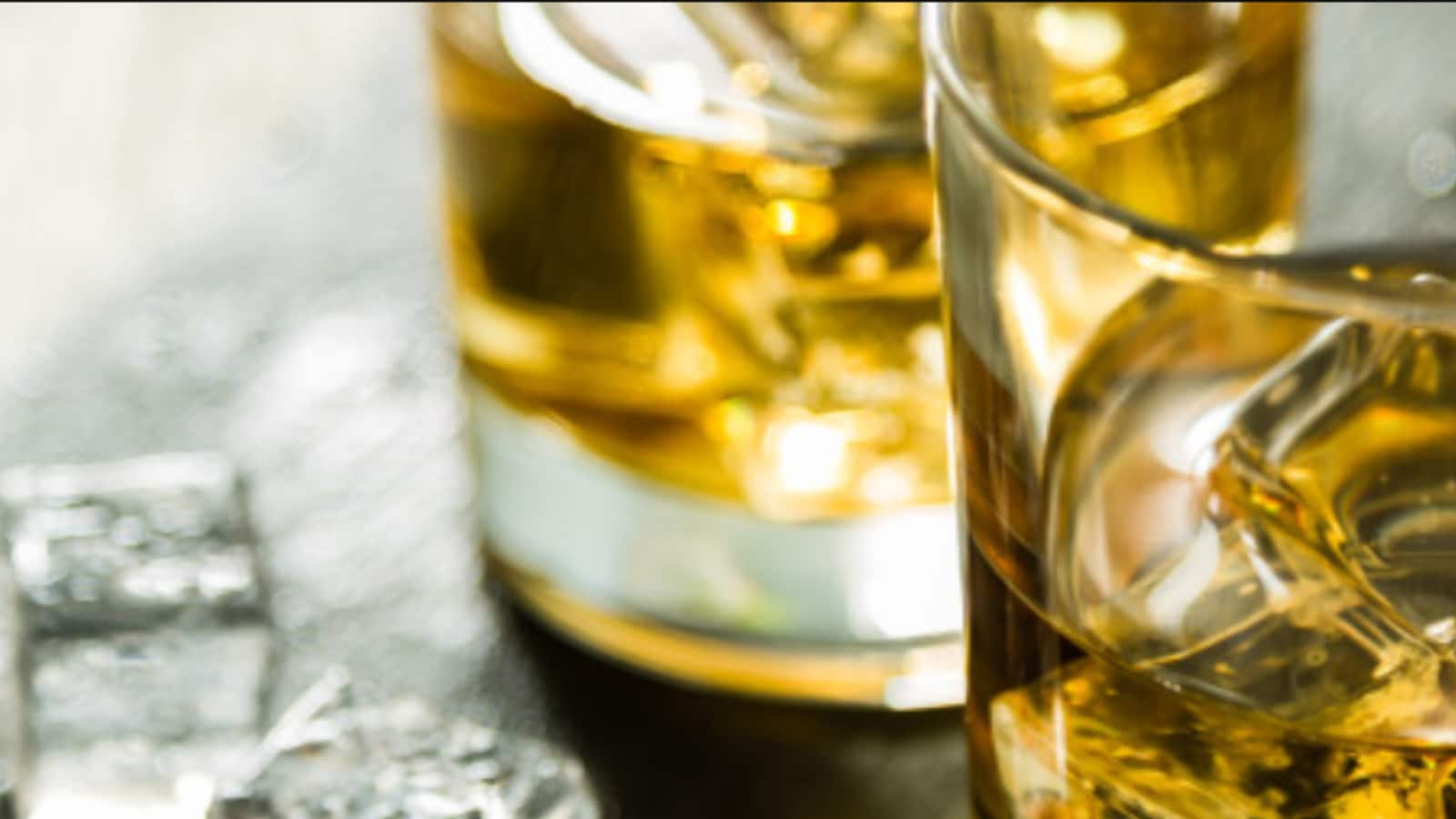The finest Scotch brands showcase the distinctive regional flavors and environmental influences that make Scotland unique, delivering a truly elevated drinking experience. (Credits: AFP)
Alcohol consumption can interfere with bodily processes, resulting in electrolyte imbalance in the body. Any such disruption can result in dire health consequences.
Electrolytes are important minerals that have various crucial functions in the body. They regulate muscle contractions, help with hydration, balance pH levels, and control the nervous system. The significant electrolytes needed by the human body include bicarbonate, calcium, chloride, magnesium, phosphate, potassium, and sodium. Alcohol consumption can interfere with bodily processes, resulting in electrolyte imbalance in the body. Any such disruption can result in dire health consequences.
Impact Of Electrolyte Imbalance
The lack of sodium and magnesium, as well as the excess of sodium in the body, may lead to neurological consequences such as seizure disorders. The lack and excess of potassium, on the other hand, is responsible for arrhythmias– irregular heartbeats. Low level of calcium in the blood results in arrhythmia as well. Bicarbonate imbalance can lead to a buildup of acid or alkalis in the body. If severe, this can result in confusion, fatigue, and even death.
Symptoms and impacts of electrolyte imbalance include fatigue, headache, nausea, blood pressure changes, muscle cramps, and simply not feeling well. This can seriously interfere with healthy everyday functioning.
Alcohol The Culprit?
We typically lose electrolytes through sweating, urination, vomiting, and diarrhoea. Alcoholic patients could develop electrolyte imbalances due to alcohol-induced puking and other diseases, as well as poor nutrition commonly noted in such people.
Apart from this, the sudden, short-term impact of consuming too much alcohol is diuresis. This refers to the excessive production of urine. It happens when the blood alcohol concentration increases, causing the suppression of the release of antidiuretic hormone. ADH, produced in the brain, signals the kidneys to release less water, decreasing urine production.
The long-term effect, on the other hand, relates to an alcohol-induced increase in ADH, enhancing the retention of water and electrolytes.
Fix it
Avoiding excessive or regular alcohol consumption, maintaining a diet rich in the mentioned nutrients, and keeping yourself hydrated are some fundamental ways to prevent electrolyte imbalance.
Coconut water and fruit juices are a great way to return your electrolyte levels back to normal. While sports drinks might be tempting, they have high sugar content and could also contain artificial flavours. It is best to stick with natural, homemade foodstuffs and drinks if you can.
Read all the Latest Lifestyle News here




